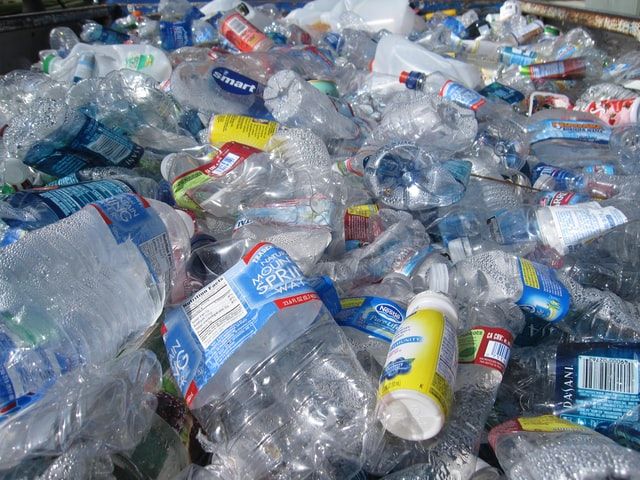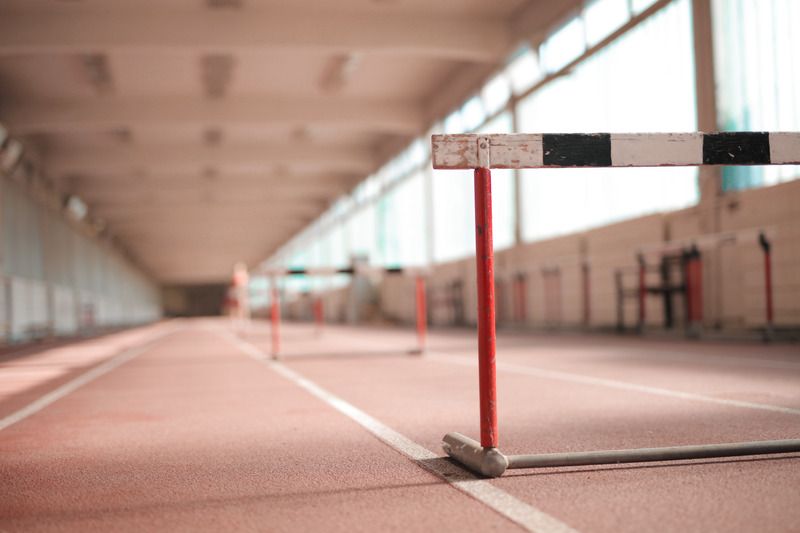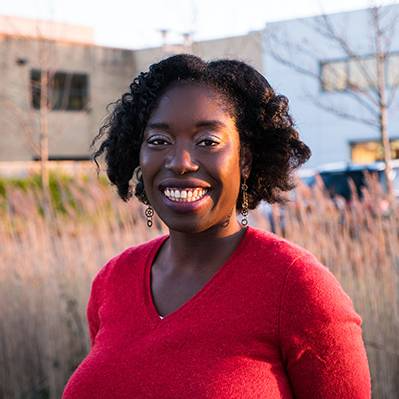The final session of our virtual event, 'Business And Events In A Post-Pandemic World - Part 3', offered practical tips and frameworks that will get you inspired and ready to initiate your own sustainability objectives for your next events.
Samme Allen, Professional MC, Facilitator & Moderator at Samme Allen Ltd and sustainability expert Abena Poku-Awuah, CEO & Managing Director at Legacy Events joined us for this session. This event was held in partnership with Swapcard and London Filmed.
You can watch the video below, or read on for our key takeaways of the session.
Table of Contents
1. Background
2. Best practice in becoming carbon neutral
3. Aim high!
4. Overcoming barriers in setting metrics
5. Q&A
6. The Speakers
Key Takeaways
Background
Having noticed a disparity between corporate strategies for sustainability and how businesses were running their events, Abena decided to bring her sustainability expertise to the events industry to help companies be more sustainable and ensure their strategies translate down into their events, to create positive social change.
Luckily, Abena notes that the events industry is a lot more conscious of sustainability now and the landscape is looking a lot more positive. Businesses are much more aware that sustainability is not a trend, and that it is everyone's responsibility to make changes.
Best practice in becoming carbon neutral
Sustainability is such a broad topic, so it is important to think about the small changes you can make to contribute to becoming carbon neutral. Sustainability not only covers carbon emissions and climate change, but also water use, transport and social behaviour, i.e how you work with communities that your event is involved with. Here is two ways to reduce your carbon impact.
1. Look at your carbon footprint.
It is difficult to make an event carbon neutral when you consider that the venue is heated and powered, and that suppliers and delegates use petrol to get to the event. Therefore, the best event in terms of carbon footprint is a virtual event, as the emissions produced by simply attending the event will already set you back on your carbon neutrality journey. Abena gives us an example of a climate change conference held online, which reduced the company's carbon impact by 99.9% just by holding the event online.
2. Reduce waste
There are lots of strategies for waste reduction, such as considering food waste and how to reduce it, renting furniture or donating bought furniture to homeless charities rather than throwing it away, no single use plastics etc. Abena recommends making sure everything you procure for the event has an end route or use.

Aim high!
With Abena's experience, small steps take a huge amount of effort in terms of persuading stakeholders and management and can sometimes burn out before you can even get round to the bigger initiatives. She recommends to go big, go bold and aim high. The most effective strategies are the ones that tackle the big goals first, which will include the small steps along the way anyway.
An example of this could be reducing waste. A small goal might be eliminating plastic straws for the next event, but a big goal may be to go zero-waste for the event. As part of going zero-waste, the plastic straws issue will be resolved, but it ensures everyone is onside and moving forward towards one goal.

Overcoming barriers in setting metrics
In a poll taken during the session, 45% of viewers answered that a hurdle for them is the ability to track progress. Not knowing where to start and stakeholder buy-in also presented as hurdles. Abena agrees that there is a lack of data in the industry which makes it really difficult to track progress.
One of her top tips is to focus on one or two themes to start off with. She informs us that at Legacy, they think of sustainability using themes, ranging from energy and carbon through to transport, community, water or food. Abena's advice is not to try and tackle every area of sustainability at one time - it's better to do a really great job on one or two themes first, than to do a half-hearted job on all of the themes.
Her second tip is to set your metric according to the theme you have chosen. For example, if you're interested in climate change, then your metric is carbon emissions and so you need to find a way to measure your emissions and how you can reduce them, perhaps by using a calculator such as myclimate. If waste is your theme, your metric may be kilograms of waste produced per event, so you'll need to find a way to measure and reduce this number. Climate change and waste are two of the most serious environmental issues that we're facing, so these would be a great place to start.

Q&A
We hear the term 'carbon offsetting' a lot. What are your thoughts?
There is inherent contradiction with events. If you're bringing people to an event, you're going to have a carbon impact. Knowing this, the first thing you should do is reduce all the other impacts onsite as much as possible. Only then can you look at carbon offsetting.
Until we are able to fly in a carbon neutral way, carbon offsetting has to be a part of the solution, but it should be the last resort, not the first.
Do we need promotional gifts at events? Should we strive to eliminate these?
Giveaways don't really align with sustainable events, however research into what delegates miss about physical events has revealed that giveaways and swag are something that delegates are missing most. If you have to provide swag at your event, it's worth researching giveaways that align with your sustainability goals and have the lowest environmental impact. An example of this is a plantable seed gift or branded cupcakes.
If I should do one thing right now, what should it be?
Abena recommends organisers to look at their event calendars and see where they can build sustainability objectives into events going forward. She also suggests joining the discussion forum on the Legacy website to join a whole community discussing this issue and sharing knowledge and questions.
The Speakers
Abena Poku-Awuah, CEO & Managing Director, Legacy Events
Abena is the Managing Director of Legacy, a sustainable events agency that organises events and special occasions whilst considering their environmental impact, carbon footprint, and potential for positive social change. She also runs the Legacy Marketplace, an online marketplace to help anyone organise an event using environmentally friendly suppliers. Events have the power to provoke original thinking, shape communities and change lives. Yet they can take a heavy toll, generating waste and putting a strain on local resources such as water or energy. With her team, Abena is on a mission to show that sustainable events can be as fun and beautiful as any other event, but without the environmental damage.

Samme Allen, Professional MC, Facilitator & Moderator, Samme Allen Ltd
With global experience of working with corporate clients such as pharmaceutical companies, to medical associations, societies and trade shows, Samme works on a diverse range of events around the world with the ability to tackle sensitive topics, manage energetic debates and address cross cultural issues all within pressurised and time sensitive environments. Samme is an active contributor on national television & media around women’s health and with natural high energy, positivity and a reputation for getting the best out of people, she is a natural choice for events including sales conferences, annual conventions, strategy sessions and corporate away days.

You can watch all of the sessions from Part 1, 2 and 3 of this virtual event series here.
If you want to stay updated with the latest coronavirus news and industry responses, visit our coronavirus live updates platform.
If you're interested in holding a virtual event of your own, book a free consultation with our Virtual Event Experts below to get the wheels in motion.




